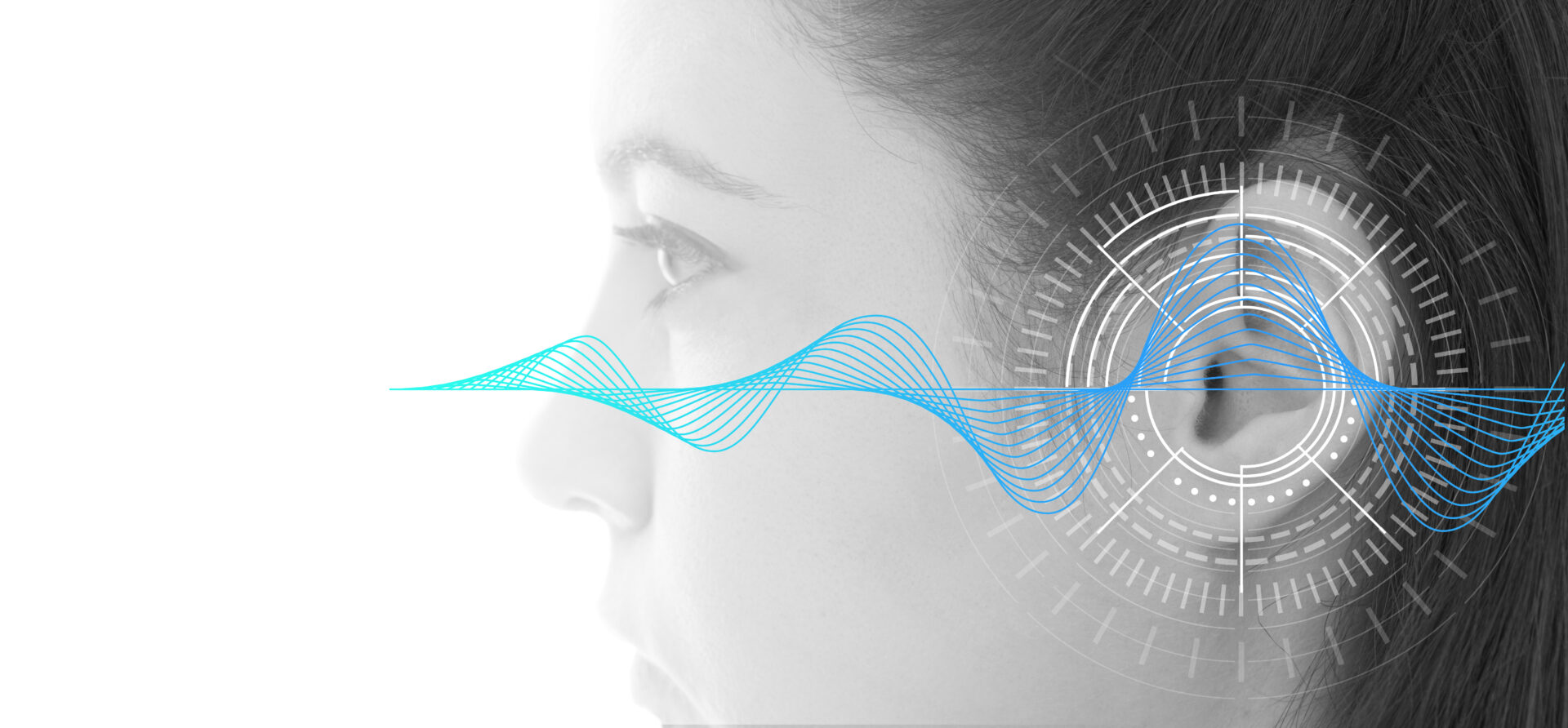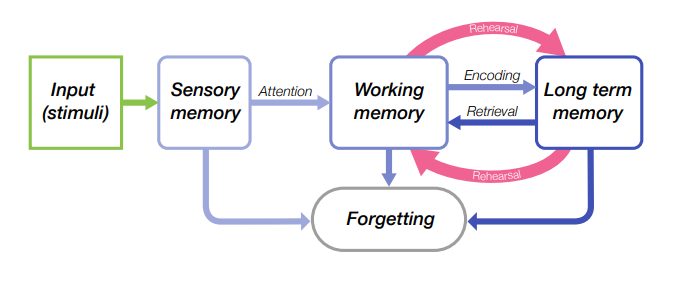In the UK, 1 in 7 adults will suffer from tinnitus. It is a condition unique to each individual and can affect either or both ears. Whilst it is clear the effect tinnitus has on hearing, the potential link between it and memory loss is less known.
This blog will discuss in greater detail what tinnitus is, and how it can impact cognitive efficiency.
What is Tinnitus?
Tinnitus is described as a ringing, buzzing or roaring sound that only you can hear, coming from inside the body rather than an external source. Each person’s experience of tinnitus can vary; while some may perceive it as a mild annoyance, others may be seriously affected by it, disturbing sleep and concentration.
Tinnitus is most commonly associated with hearing loss. It can, however, also occur independently or as a side effect of some health conditions, such as Ménière’s disease, diabetes, and anxiety and from some medications such as chemotherapy medicines and antibiotics.

How Tinnitus Affects Memory
To explore the relationship between tinnitus and memory loss, it is important to understand how our memory works. This can be explained using the cognitive load theory, developed in the 1980s by John Sweller.
Cognitive load refers to how much information our working memory can hold at one time. Our working memory has a limited capacity, meaning all the information we process must be stored in our long-term memory, otherwise it will be lost. The theory states that our working memory can become overloaded, meaning making new memories becomes more challenging.
The role tinnitus plays in our memory formation and information processing is that of impeding it. When individuals are faced with a constant ringing noise, their brains are more easily distracted, driving their attention away from their surroundings and making processing and memory retrieval much more difficult.
Tinnitus can also affect our memory more emotionally and psychologically, where constant ringing causes anxiety, stress and even depression. Dealing with built-up stress and anxiety can further impair our cognitive efficiency, hindering memory formation and retrieval.
Finally, tinnitus can greatly disturb sleep for some people, making falling asleep or staying asleep difficult. We rely on sleeping for cognitive function, as without it we find concentrating and remembering a challenge. Tinnitus that affects sleep schedules can impact our everyday memory formation and retrieval, further enhancing the effects associated with tinnitus on memory.

How to Manage Tinnitus
Learning how to cope with tinnitus and its symptoms can be the first step towards relief. While tinnitus isn’t always possible to cure, there are many proven methods you can try to help ease the symptoms.
Cognitive Behavioural Therapy (CBT)
Cognitive behavioural therapy (CBT) involves a method of talking to help change the way you think and behave, reducing anxiety and depression associated with tinnitus. As we mentioned above, tinnitus can take a toll on your mental health, in particular causing anxiety and depression. CBT helps you deal with negative thoughts and feelings by breaking down these emotions and turning them into a more positive mindset.
This treatment method is conducted with a specialised therapist, usually once a week or fortnightly.
Habituation
Habituation is the process of becoming familiar with certain signals and learning to ignore them. Examples of habituation you may already practise involve wearing a piece of jewellery such as a ring or necklace. Your brain in time begins to ignore the feeling of it, forgetting it’s even there. The process is simple, and something we may all already do without realising, so applying it to the ringing sensation associated with tinnitus is a great way to deal with the condition.
Through practising habituation, we can speed up the process of ignoring the constant signals to our brain, helping to better deal with tinnitus.

Breathing Exercises
As we know, tinnitus can heighten stress levels, in turn affecting our memories. One of the most effective ways to reduce stress is through relaxation and the easiest way to relax is to breathe.
Simple breathing exercises allow our bodies to relax, reducing the effect of tinnitus on our stress levels. You can practise breathing exercises by simply sitting or lying down in a quiet environment, breathing in through your nose, and slowly out through your mouth. With each breath, aim to slow the inhale and exhale more and more until you begin to feel relaxed.
Practising this daily should help to reduce your stress levels, making each day easier and easier to manage.
For a more in-depth guide to breathing exercises, read Five Breathing Techniques for Tinnitus Anxiety.
Sound Therapy
Finally, combating the sound of tinnitus with sound itself can be a great distraction from intrusive thoughts and emotions. As tinnitus is a noise heard inside a person’s ears/head, being in quiet environments, particularly at night time, can heighten the buzzing/clicking/ringing sensation. Deliberately using other sounds can psychologically distract your brain from focusing on the tinnitus.
By using your smartphone, or any other sound-generating device, you can listen to more pleasing sounds to help drown out the symptoms of tinnitus.
Try leaving your device under your pillow or on your bedside counter at a low volume for falling asleep and waking up for an easier start and end to the day.
Book a tinnitus assessment
Tinnitus can be a debilitating condition, leading to psychological stress and impaired cognitive function. If left untreated, memory formation and retrieval can worsen, impacting our daily lives and mental health.
If you or anyone you know is suffering from tinnitus, you must get the help you deserve to reduce its impact on your life. For a full tinnitus assessment, with help and advice on treating it, book your appointment today with Hearing Therapy.
